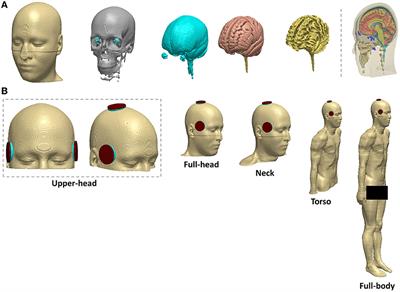CASE REPORT
Published on 26 Jun 2024
Deep brain stimulation and suicide attempts in treatment-resistant patients: a case report and neuroethical analysis
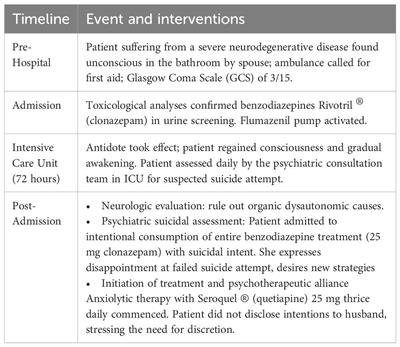
doi 10.3389/fpsyt.2024.1398777
- 1,002 views
2,600
Total downloads
9,942
Total views and downloads
You will be redirected to our submission process.
CASE REPORT
Published on 26 Jun 2024

ORIGINAL RESEARCH
Published on 18 Mar 2024
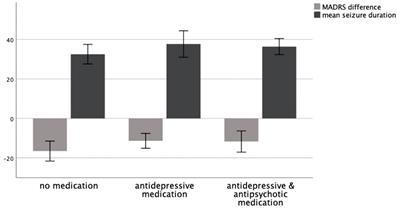
ORIGINAL RESEARCH
Published on 14 Feb 2024
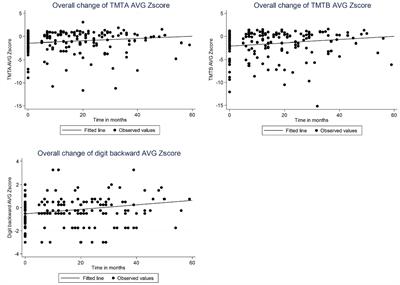
SYSTEMATIC REVIEW
Published on 11 Jan 2024
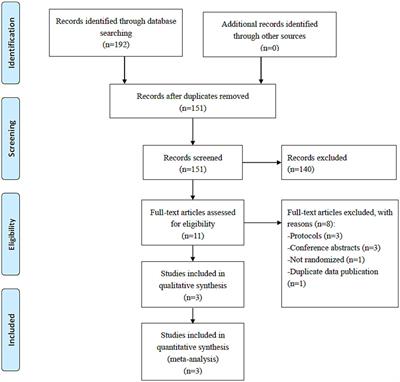
BRIEF RESEARCH REPORT
Published on 07 Dec 2023
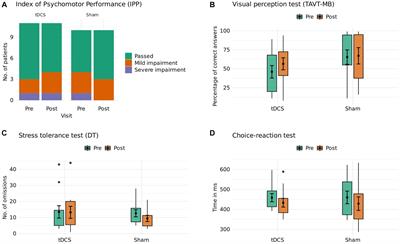
ORIGINAL RESEARCH
Published on 18 May 2023
